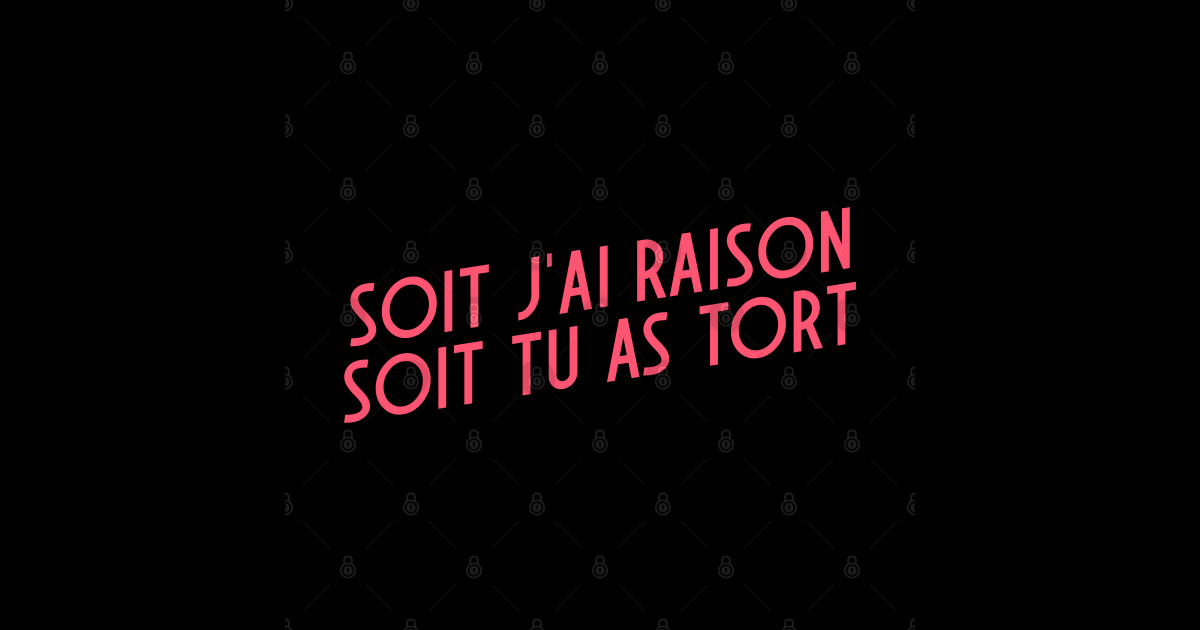Unlocking The Mystery Of "J'Aimerais Qui Soit Toi" In English
So here's the deal, if you've stumbled upon this page while trying to figure out what the heck "j'aimerais qui soit toi" means in English, you're in the right place. This phrase has been popping up everywhere lately, sparking curiosity and confusion among language enthusiasts. But don't worry, we're about to break it down for you in a way that's easy to digest and super engaging.
This phrase, which roughly translates to "I wish it were you" in English, carries a lot of emotional weight. It's not just a random sentence; it's an expression of desire, longing, and sometimes even hope. Whether you're diving into French literature, exploring song lyrics, or just trying to impress someone with your linguistic skills, understanding this phrase is key.
But before we dive deep, let's set the scene. Imagine yourself in a cozy Parisian café, sipping espresso while overhearing a heartfelt conversation between two strangers. That’s the vibe we’re going for here. So grab your favorite drink, and let’s unravel the mystery together.
What Does "J'Aimerais Qui Soit Toi" Really Mean?
Alright, let’s get straight to the point. "J'aimerais qui soit toi" is more than just a translation exercise; it’s an emotional statement. In English, it translates to "I wish it were you" or "I would like it to be you." Sounds simple, right? But there’s so much more to it.
This phrase is often used in contexts where someone is expressing a deep desire for someone else to be the one fulfilling a particular role or situation. It’s like saying, “Out of everyone in the world, I want it to be you.” Whether it’s romantic, friendly, or even professional, the sentiment is powerful.
Breaking Down the Grammar
Now, let’s talk grammar for a sec. The structure of "j'aimerais qui soit toi" might seem a little odd at first glance. Here’s how it works:
- J'aimerais: This is the conditional form of the verb "aimer," meaning "I would like" or "I wish."
- Qui soit toi: This part uses the subjunctive mood, which is often used in French to express wishes, doubts, or hypothetical situations. Literally, it means "who is you" or "who were you."
Put it all together, and you’ve got a phrase that’s both grammatically correct and emotionally charged. Cool, right?
The Cultural Significance of "J'Aimerais Qui Soit Toi"
Language isn’t just about words; it’s about culture, context, and connection. In French-speaking communities, this phrase has a special place. It’s often found in poetry, music, and literature, where emotions run deep and language becomes an art form.
Think about it. When someone says "j'aimerais qui soit toi," they’re not just expressing a thought—they’re sharing a piece of their soul. It’s a vulnerable, heartfelt statement that can resonate on a universal level.
Where You’ll Find This Phrase
This phrase isn’t just limited to casual conversations. It’s been used in:
- Songs: French musicians love incorporating it into their lyrics to add depth and emotion.
- Movies: In romantic films, characters often use this phrase to convey their feelings.
- Literature: Classic French novels and modern-day stories alike feature this phrase to capture the complexity of human emotions.
It’s a versatile expression that transcends boundaries and connects people across cultures.
How to Use "J'Aimerais Qui Soit Toi" in Real Life
So, you’re probably wondering how you can use this phrase in your own life. Here’s the scoop: it’s all about context. You don’t want to drop it randomly in a conversation unless you’re ready for some deep emotions to surface.
For example:
- Romantic Settings: If you’re trying to express your feelings to someone special, this phrase can be a game-changer.
- Professional Situations: In a workplace scenario, you might use it to say something like, “I wish you were the one leading this project.”
- Friendship Moments: When you want to tell a friend how much you value them, this phrase can add a touch of elegance to your words.
Tips for Using the Phrase Naturally
Here are a few tips to help you use "j'aimerais qui soit toi" in a way that feels authentic:
- Make sure the context aligns with the emotional weight of the phrase.
- Practice saying it out loud to get comfortable with the pronunciation.
- Pair it with body language that matches the sentiment you’re trying to convey.
Common Misconceptions About the Phrase
There are a few misconceptions floating around about "j'aimerais qui soit toi." Let’s clear them up:
- It’s Not Always Romantic: While it can be romantic, the phrase can also be used in platonic or professional contexts.
- It’s Not Outdated: Some people think it’s an old-fashioned expression, but it’s actually quite modern and relevant.
- It’s Not Complicated: Sure, the grammar might seem tricky at first, but once you break it down, it’s pretty straightforward.
Why People Get It Wrong
A lot of the confusion comes from not understanding the subjunctive mood in French. Without that knowledge, the phrase can seem mysterious or even nonsensical. But once you grasp the grammar, everything falls into place.
Exploring Similar Expressions
If you like "j'aimerais qui soit toi," you’ll probably enjoy these similar French phrases:
- Je voudrais que ce soit toi: This translates to "I would like it to be you" and is very similar in meaning.
- Si seulement c'était toi: This means "If only it were you" and carries a sense of longing.
- Je souhaite que ce soit toi: This translates to "I wish it were you" and is another great option.
How These Phrases Differ
While these phrases are similar, they each have their own nuances. Some are more formal, others are more casual, and some carry a stronger emotional charge. Understanding the differences will help you choose the right phrase for any situation.
The Power of Language in Building Connections
At the end of the day, phrases like "j'aimerais qui soit toi" remind us of the power of language. Words have the ability to connect us, express our deepest feelings, and create lasting impressions. Whether you’re speaking French, English, or any other language, the goal is always to communicate authentically and effectively.
Why This Phrase Matters
This phrase matters because it’s a perfect example of how language can bridge gaps and bring people together. It’s not just about the words themselves; it’s about the emotions they convey and the connections they create.
Final Thoughts and Call to Action
So, there you have it. "J'aimerais qui soit toi" is more than just a phrase; it’s a powerful expression of desire and connection. Whether you’re using it in a romantic setting, a professional context, or just to express your feelings to a friend, this phrase has the potential to make a real impact.
Now it’s your turn. How will you use this phrase in your own life? Will you incorporate it into your conversations? Share it with friends? Or maybe even write a poem inspired by it? The possibilities are endless.
And don’t forget to leave a comment below and let me know what you think. I’d love to hear your thoughts and experiences with this phrase. Until next time, keep exploring, keep learning, and keep connecting!
Table of Contents
- What Does "J'Aimerais Qui Soit Toi" Really Mean?
- Breaking Down the Grammar
- The Cultural Significance of "J'Aimerais Qui Soit Toi"
- How to Use "J'Aimerais Qui Soit Toi" in Real Life
- Common Misconceptions About the Phrase
- Exploring Similar Expressions
- The Power of Language in Building Connections
- Final Thoughts and Call to Action

Toi qui aimes ceux qui s'aiment Ténor Chords Chordify

J'aimerais être là pour toi... Blagues et les meilleures images drôles!

soit j'ai raison soit tu as tort Humoristique Tapestry TeePublic